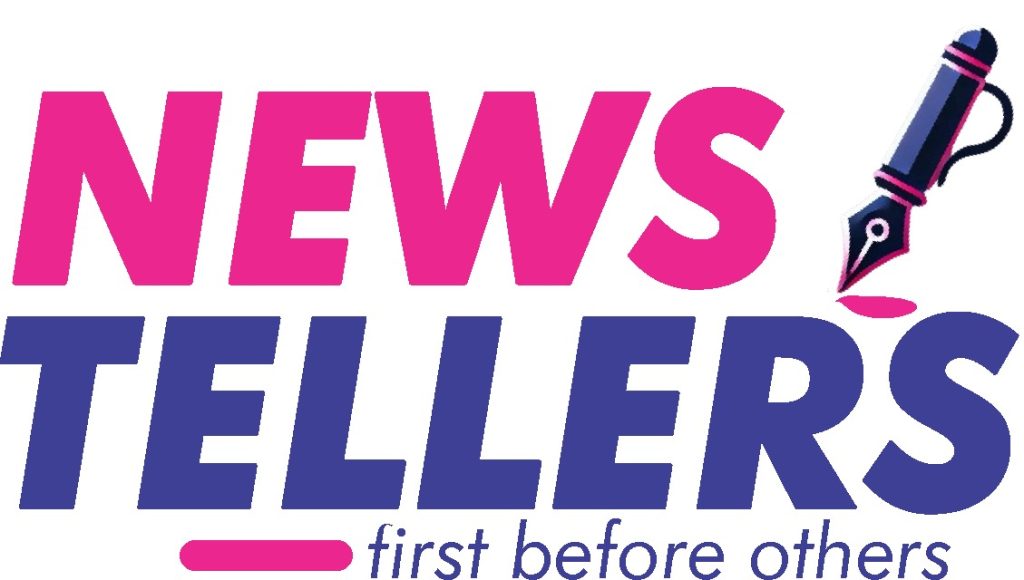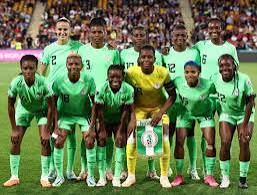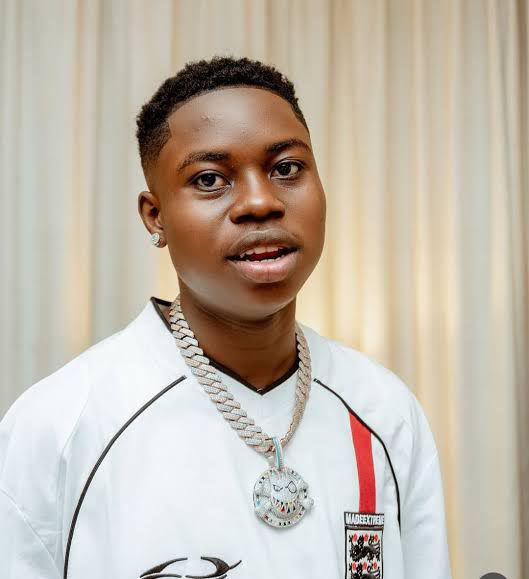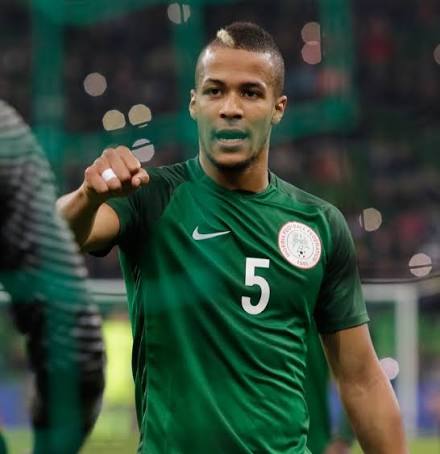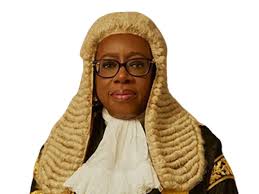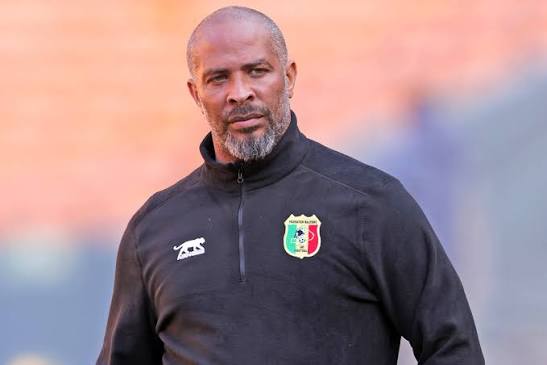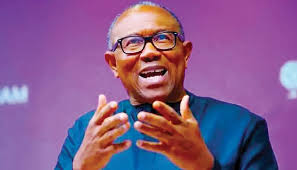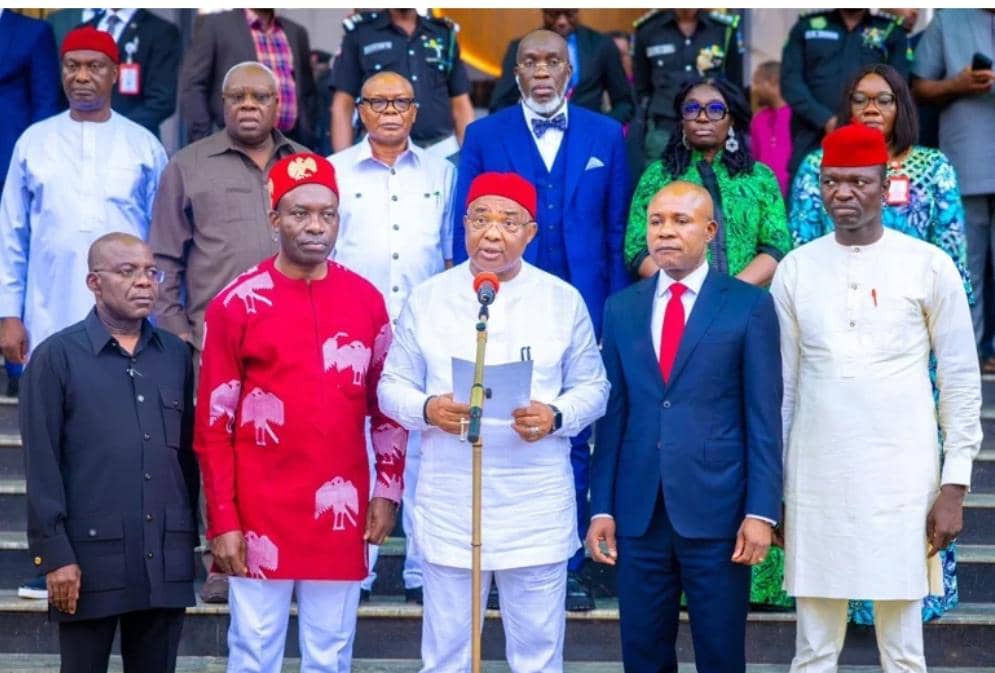
By Chimezie Anaso
The National Sports Festival has come and come, but its echo will continue to reverberate in the sports sectors of the five states of the south-eastern part of the country for negative reasons.
Stakeholders in sports have blamed the lack of institutional support for sports and negligence on the part of governments for the abysmal performance of southeast states in the just-concluded fiesta.
They told the News Agency of Nigeria (NAN) in Awka that unless there was a positive change, their performances at such events would continue to nose-dive.
The 22nd NSF held in Abeokuta codenamed \`Gateway Games 2024\` ended in Abeokuta on May 30 with Delta retaining the top spot on the medals table for the third consecutive time.
The NSF is the Nigerian version of the Olympics or All-African Games. It is an open game where states present their best athletes at home and abroad to compete for glory, fame, and fortune.
Delta State clinched the number one position with 126 gold, 100 silver, and 111 silver, beating hosts Ogun and Bayelsa to the second and third place with 93 and 92 gold, 65 and 65 silver, and 80 and 72 bronze, respectively.
The final medals table for the two weeks of exciting and competitive sports fiesta shows that none of the five southeast states made it to the top 10 on the log.
The closest was Abia state, which finished 11th after garnering 11 gold, 16 silver, and 39 bronze to make a total haul of 66 medals.
Imo came second in the southeast but 16th on the overall table with four gold, six silver, and 28 bronze.
Anambra came 20th with two gold, six silver, and 10 bronze, while Enugu and Ebonyi finished 23rd and 28th positions with one gold apiece, seven and zero silver,r, and eight and two bronze medals, ls, respectively.
The five states jointly won 19 gold, 35 silver, and 87 bronze, finishing the festival with a cumulative 141 medals.
This is inferior to the performance of 7th-place Lagos, which finished the games with 169 medals, comprising 37 gold, 44 silver, and 88 bronze.
The poor showing is not only loud but eloquent as only Imo State has made it to the top 10 in the last three games held in Edo in 2020, Delta in 2022, and recently Ogun.
Using gold as a yardstick, Abia and Ebonyi States state improved slightly in 2025 over their 2022 performance with one additional gold each.
However, Imo and Anambra failed to meet their previous records while Enugu, the next hosts, retained their one gold performance.
This is contrary to the records of South-South states, which had maintained dominance of the festival, with five of the six states making it among the top 10 in the last three consecutive games.
The poor performance of Southeast states in elite-level national sports competitions is becoming the norm. It calls for actions deliberately and intentionally to address it.
Victor Nwangwu, a veteran sports administrator, said the major challenge of sports in the Southeast was that governors of the states in the region did not accord priority to it.
Nwangwu said for the poor performance to end, governors should come up with a welfare and reward system that would be commensurate with the efforts of athletes and comparable to what is obtained elsewhere.
He said while poaching of athletes was not encouraged, it would continue as long as there were better offers elsewhere because the end game in engaging in sports was to make ends meet.
“What is happening to sports in Southeast is quite unfortunate, it bothers on the kind of welfare package they have for athletes, lack of consistency in programmes and fire brigade preparation.
“Sports also require good budgeting, availability of functional facilities, availability of good coaches, and capacity training for these coaches.
“If you look at the athletes that won for these states, Igbo names feature very well, and Anambra is more dominant, so our governors have not shown enough interest; I cannot tell what priority they place on sports.
“In Anambra, I can say Gov. Chukwuma Soludo is a lover of sports because he has a very robust package for ex-Rangers players.
“Maybe sports administrators in the state have not been able to convince him of the need to support sports, generally,” he said.
Also speaking, Johnny Igboka, a former national athlete and coach, said it was sad that coaches would produce athletes only to lose them to other states because of poor welfare packages.
Igboka, who is the proprietor of All Sports Foundation Academy Nimo in Anambra, said athletes were the centre point of sports administration and anybody who neglected their welfare was bound to fail.
According to him, many things are wrong with sports in the southeast.
“We lack organisation and the inability of administrators to tap from the experience of our veteran sportsmen and women.
“We do not hold trials in preparation for competitions; nobody succeeds in national competition with just 10 days camping and again.
“If we do not take care of our athletes’ welfare, their training, and medication, they will naturally go to states where they are valued.
“How can you get the best from your athletes when there is no motivation and no facilities?’’ he asked rhetorically.
Ikem Asika, the Vice President of the Sports Writers Association of Nigeria (SWAN), Southeast Zone, said the region had lost its areas of strength, such as track and field, handball, wrestling, boxing, hockey, and others.
Asika called on the recently established Southeast Development Commission (SEDC) to take responsibility for reinventing sports in the region by developing a regional plan for the sports revolution.
He said sports was not just an instrument for public relations for the government but an industry that has immense health, security, and economic benefits for athletes, administrators, and society.
“Thank God that after a very long time, the festival will be coming to Enugu next year. It is our hope that we will not only host for fun but to win,” he said. (NAN)(www.nannews.ng)
With one year to prepare for the games, stakeholders urge the southeast state governments and corporate entities to begin early mobilization of resources and talents if history will not repeat itself.
Anaso writes for the News Agency of Nigeria

